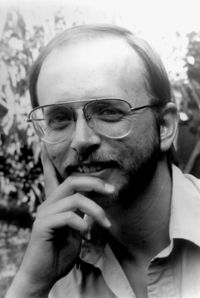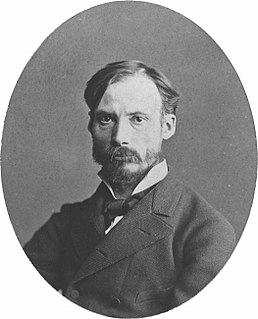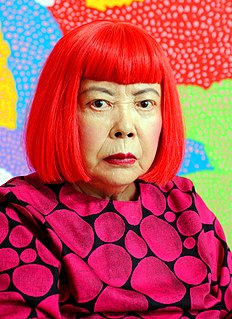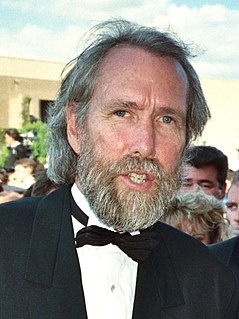A Quote by Matsuo Basho
Related Quotes
In magical thought the human body is the 'microcosm' (small representation) of the Earth, which is the 'macrocosm'. The Earth is also the microcosm of the Universe. In other words, we are pictures of the essence of the planet and thusly of the universe. As such, when we change ourselves, we change the Earth and the universe.
The total quantity of all the forces capable of work in the whole universe remains eternal and unchanged throughout all their changes. All change in nature amounts to this, that force can change its form and locality, without its quantity being changed. The universe possesses, once for all, a store of force which is not altered by any change of phenomena, can neither be increased nor diminished, and which maintains any change which takes place on it.
Appealing to his [Einstein's] way of expressing himself in theological terms, I said: If God had wanted to put everything into the universe from the beginning, He would have created a universe without change, without organisms and evolution, and without man and man's experience of change. But he seems to have thought that a live universe with events unexpected even by Himself would be more interesting than a dead one.
With just one polka dot, nothing can be achieved. In the universe, there is the sun, the moon, the earth, and hundreds of millions of stars. All of us live in the unfathomable mystery and infinitude of the universe. Pursuing philosophy of the universe through art under such circumstances has led me to what I call stereotypical repetition.
With just one polka dot, nothing can be achieved. In the universe, there is the sun, the moon, the earth, and hundreds of millions of stars. All of us live in the unfathomable mystery and infinitude of the universe. Pursuing 'philosophy of the universe' through art under such circumstances has led me to what I call 'stereotypical repetition.'




































